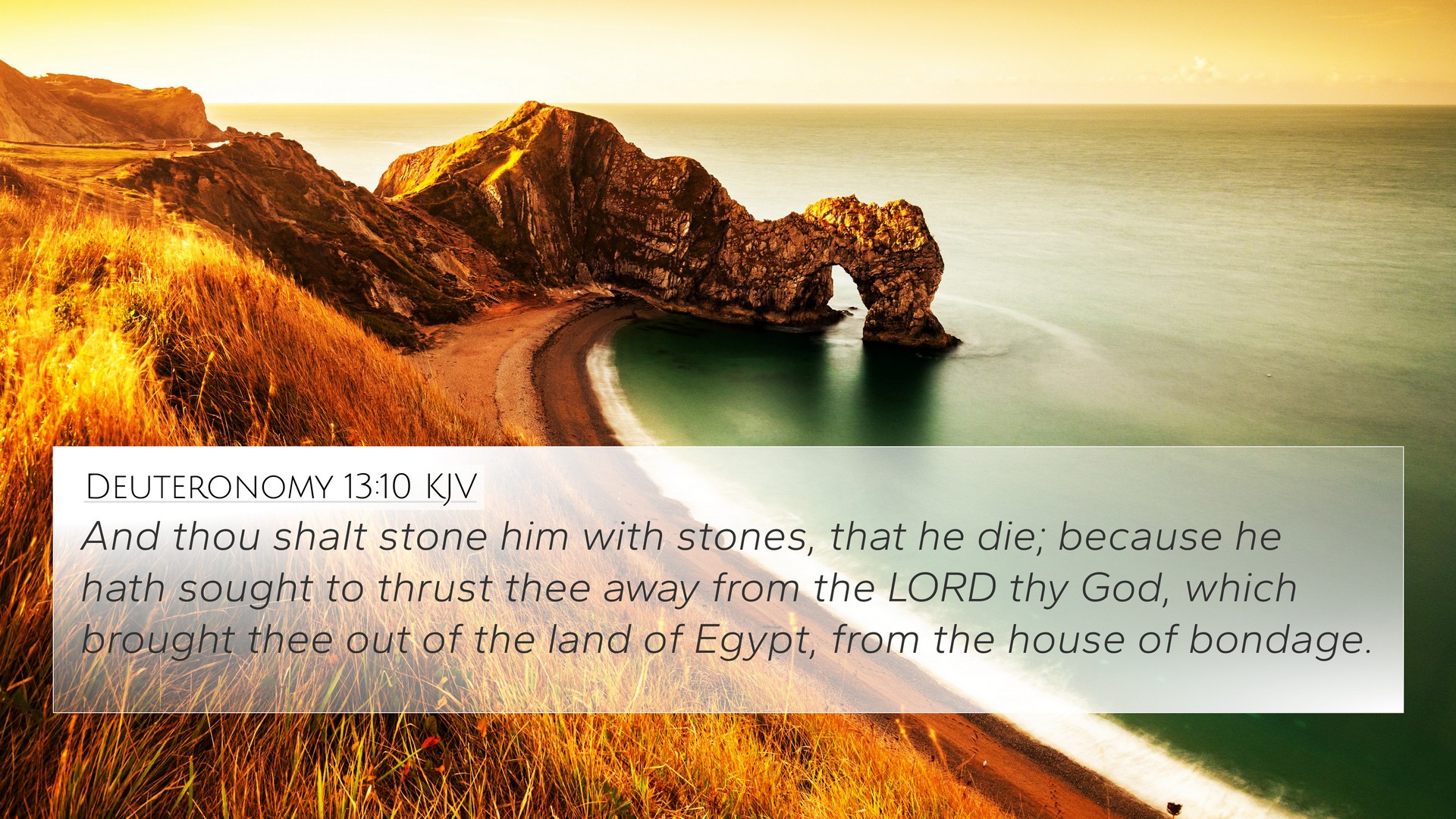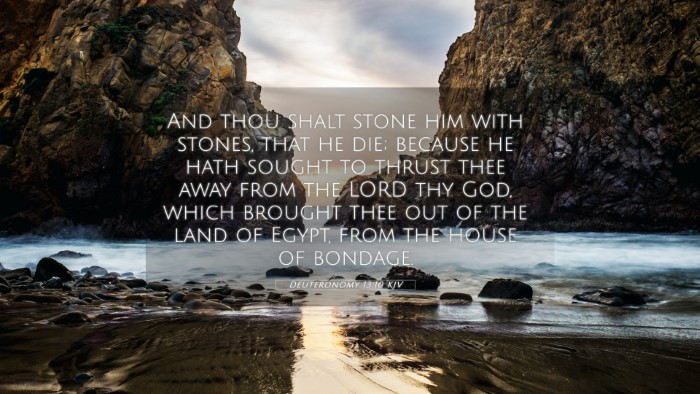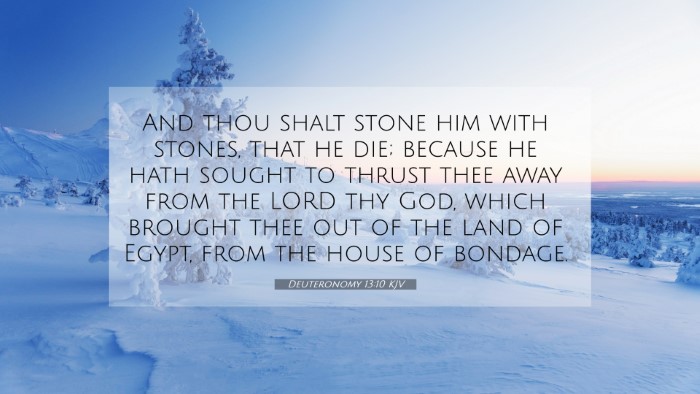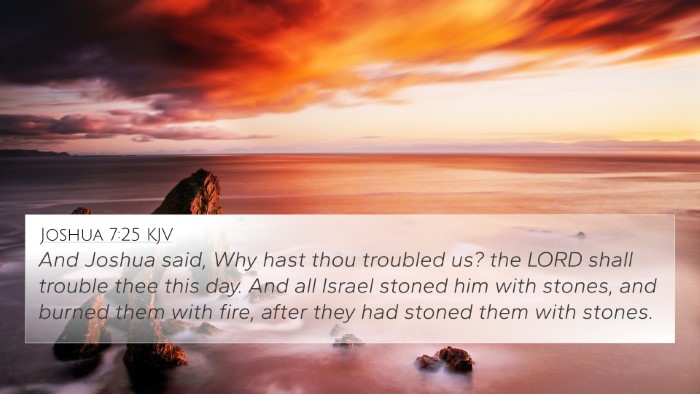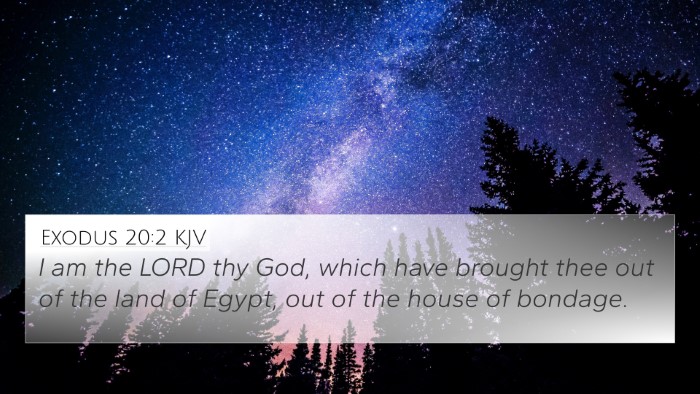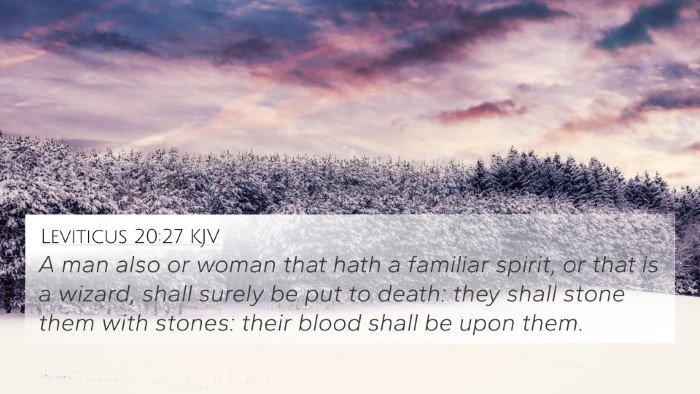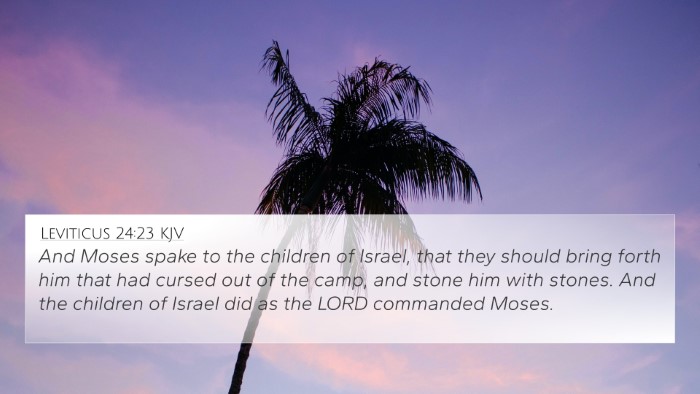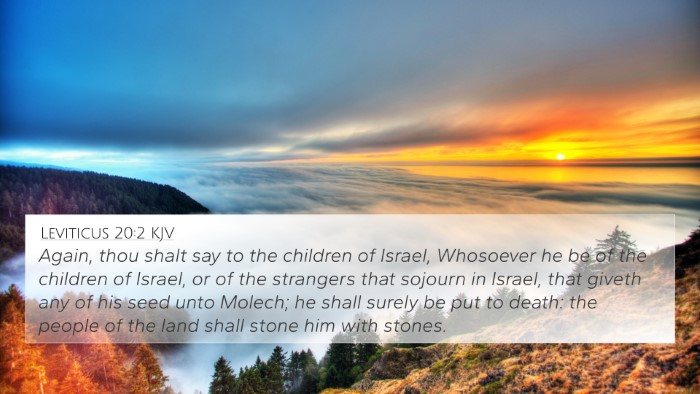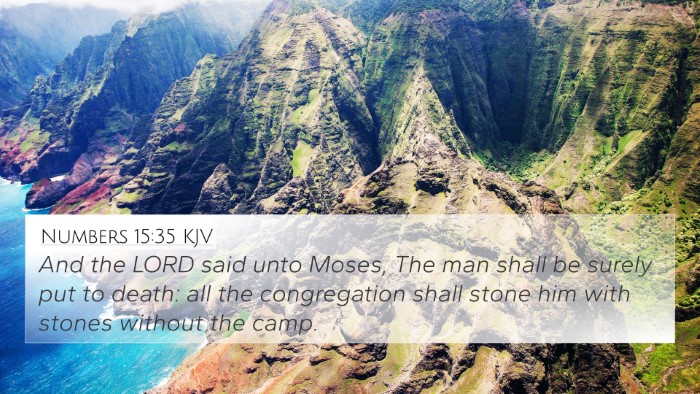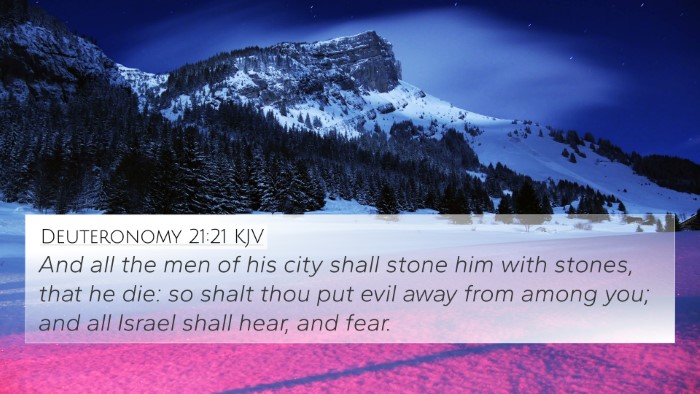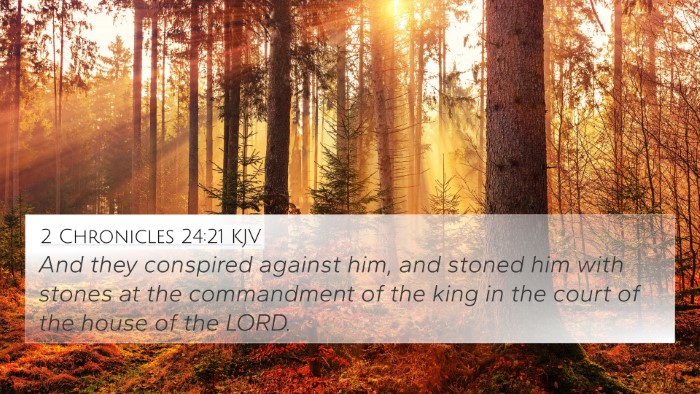Understanding Deuteronomy 13:10
Deuteronomy 13:10 states: "And you shall stone him with stones until he dies, because he has sought to draw you away from the Lord your God, who brought you out of the land of Egypt, out of the house of bondage." This verse addresses the severe consequences of leading others astray from their faith in God and the importance of fidelity to His commandments. Below, we explore the multi-faceted interpretations of this verse through insights gleaned from public domain commentaries.
Meaning and Background
The context of Deuteronomy 13 involves a warning to the Israelites against false prophets and teachers who might try to lead them away from worshipping the one true God. Matthew Henry emphasizes the seriousness of idolatry and divine loyalty, framing this directive as a protective measure for the community's spiritual integrity.
Insights from Commentators
- Matthew Henry:
Henry interprets this verse as demonstrating the gravity of apostasy. He notes that leading others away from God, especially after experiencing His deliverance, is a heinous crime deserving of the harshest penalties. The verse serves to illustrate God’s willingness to safeguard His people from corrupting influences.
- Albert Barnes:
Barnes focuses on the concept of communal responsibility in faith matters. He remarks that the community was required to be vigilant against anyone attempting to introduce false worship, emphasizing that the punishment reflected the seriousness of idolatry for the nation's welfare.
- Adam Clarke:
Clarke places emphasis on the intent behind the action. He points out that the motivation of the false prophet's actions—drawing people away from God—warrants the stern response mandated by the law. Adherence to true worship was critical, and any attempt to divert this was to be dealt with severely.
Thematic Connections
The themes of loyalty to God, the dangers of leading others astray, and the consequences of idolatry reverberate throughout Scripture. Here are several related Bible verses that further illuminate these themes:
- Exodus 22:20: "Whoever sacrifices to any god, other than the Lord alone, shall be devoted to destruction."
- Leviticus 20:2: "Say to the people of Israel, 'Any one of the people of Israel or of the strangers who sojourn in Israel, who gives any of his children to Molech shall surely be put to death.'"
- 2 Kings 17:15: "They rejected his statutes and his covenant that he made with their fathers and the warnings that he gave them. They went after false idols and became false, and they followed the nations that were around them."
- Matthew 5:29: "If your right eye causes you to sin, tear it out and throw it away. For it is better that you lose one of your members than that your whole body be thrown into hell."
- Galatians 1:9: "As we have said before, so now I say again: If anyone is preaching to you a gospel contrary to the one you received, let him be accursed."
- 1 Timothy 4:1: "Now the Spirit expressly says that in later times some will depart from the faith by devoting themselves to deceitful spirits and teachings of demons."
- Revelation 21:8: "But as for the cowardly, the faithless, the detestable, as for murderers, the sexually immoral, sorcerers, idolaters, and all liars, their portion will be in the lake that burns with fire and sulfur, which is the second death."
Cross-Referencing Biblical Texts
To conduct a cross-reference Bible study, one may utilize Bible concordance tools to delve deeper into the relationships between various scriptures. Here, we consider how these verses connect to Deuteronomy 13:10 through the lens of divine fidelity and communal consequence for idolatry:
- Identifying Old and New Testament Connections:
The tension between true worship and false teachings is a recurring theme from the Old Testament to the New Testament, reminding believers about the seriousness of their covenant with God.
- Comparative Bible Verse Analysis:
When analyzing passages like Deuteronomy 13:10 alongside 1 Timothy 4:1, we see a parallel warning about the dangers of false prophets and teachings throughout religious history.
- Scriptural Cross-Referencing:
This verse permits a deeper exploration into God's expectations of His followers, emphasizing their duty to guard against spiritual deception.
Practical Applications
The directives in Deuteronomy 13:10 can yield practical wisdom for modern believers:
- Remain vigilant against teachings that deviate from sound doctrine.
- Encourage a communal approach to spiritual accountability.
- Assess one's own convictions against Scripture to ensure fidelity to God.
Conclusion
The study of Deuteronomy 13:10 not only underscores the importance of fidelity to God’s commands but also serves as a caution against the subtle threats posed by external influences and false teachings. By engaging in comparative Bible verse analysis and thematic Bible verse connections, believers can cultivate a deeper understanding of their faith and strengthen their resolve to remain steadfast in truth.
